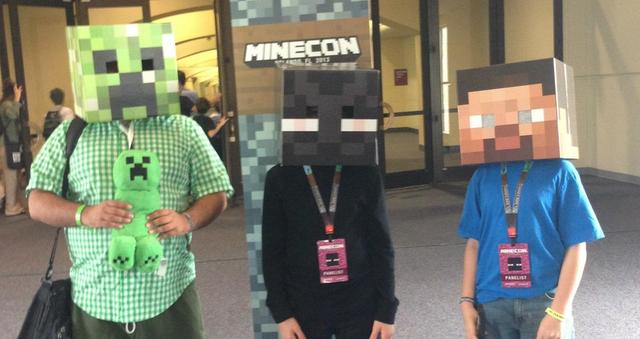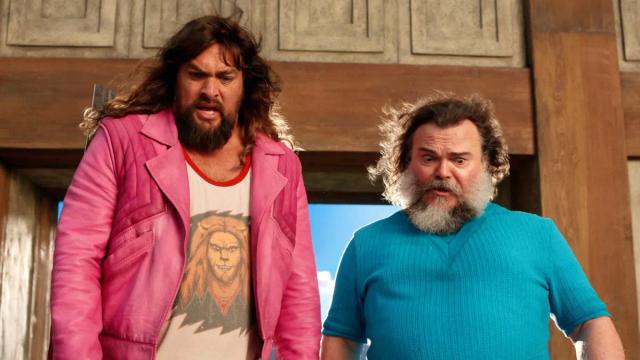If you click on a link and make a purchase we may receive a small commission. Read our editorial policy.
Star Trek took all the wrong lessons from 2001: A Space Odyssey, but what if that's a good thing...?
Why couldn't Star Trek have looked to 2001 for something other than its glacial pacing?

Popverse's top stories of the day
- Disney & Lucasfilm are quietly planning a 50th anniversary Star Wars movie that's focused on all-new characters
- MEMBERS ONLY: Follow along live to the Mandalorian & Grogu movie panel from Star Wars Celebration Japan 2025!
- WATCH NOW: The gentleman villain Mads Mikkelsen tells us how he balances being charming and despicable in our favorite movies & TV series
There needs to be some official terminology for the seemingly recurring ability for filmmakers, comic creators, television producers, and basically everyone in each and every field of pop culture to take precisely the wrong lessons from a surprise hit and apply it awkwardly to their own work. Some kind of bastardization of ‘schadenfreude,’ but specifically for making bad choices in your storytelling decisions.
The thought occurred to me while re-watching Star Trek: The Motion Picture the other week, because I had both too much time on my hands and a seeming desire to be simultaneously disappointed and bored out of my mind for more than two hours. I love Star Trek a lot, and one of the things I love about Star Trek is its willingness to go entirely cerebral in indulgent and outrageous ways at times — and yet Star Trek: The Motion Picture feels like a slog every single time I watch it. (Yes, I’ve watched it more than once; like I said, I love Star Trek.)
The reason why it feels so difficult to get through is that, bluntly, it feels only like half Trek; the philosophical underpinnings and curiosity are there, and to some degree, so are the character dynamics that are so central to every successful Trek. (Never underestimate “I get to spend time with my fake friends” as a real reason why shows like this are so important.) But the pacing is glacial, and the visual design of the entire enterprise — pun intended — is so utterly devoid of the color and character of the original series. It is, in fact, far more reminiscent of Stanley Kubrick’s 2001: A Space Odyssey than any earlier Trek in either of those particular divisions… seemingly purposefully so, as the most high-profile highbrow sci-fi in the minds of most when the movie was being made.
Or take the impact that Alan Moore and Dave Gibbons’ Watchmen had on superhero comics — and the superhero genre — as a whole. Rather than leaning into the formalist gambits or the idea that superheroes could have the same aspirations and failing as, you know, regular people, what many took from the success of Watchmen was that superhero comics could be slower in terms of pacing, darker in terms of tone, and have more violence and nihilism than before. I’m not going to retry this particular cultural case, because enough people have discussed the “grim and gritty” superhero trends of the late ‘80s and 90s that followed, but it’s worth noting that one of the few creators who looked at Watchmen as an opportunity and excuse to steal some interesting ideas was the late Keith Giffen, who got both his ‘Five Years Later’ Legion of Super-Heroes run and Justice League International out of it.
In both cases, it’s not the fault of the original source material that others choose to learn the ‘wrong’ lessons, and it feels somewhat churlish to blame either 2001 or Watchmen for the inferior knock-offs they inspired. Is the fault with the artists themselves, then, for taking inspiration in all the wrong things and doubling down on weaknesses in the original works? Perhaps so, but to condemn them for that feels equally flawed because, well, don’t we want stories and art to be more individual and personal, even if that means it’s not to our tastes or occasionally outright bad? (Hi, Megalopolis.) Where’s the solution, here…?
Maybe the answer is to celebrate those poor choices. To appreciate the flaws, as frustrating as they might be (as they definitely are, as someone who just rewatched Star Trek: The Motion Picture), as evidence of the human touch as flawed as it is. After all, surely we’d rather have interesting, curious failures than generic, algorithm-led bland ‘successes’…? But in order to celebrate them, we’d need to come up with a better way to identify them. Like I said, there needs to be a term for these kinds of projects… maybe we stick with the German and go with Abscheulichkeiten, die Geschichten erzählen?
Want to know what's coming up next in pop culture? Check out Popverse's guides to:
Follow Popverse for upcoming event coverage and news
Find out how we conduct our review by reading our review policy
Let Popverse be your tour guide through the wilderness of pop culture
Sign in and let us help you find your new favorite thing.
















Comments
Want to join the discussion? Please activate your account first.
Visit Reedpop ID if you need to resend the confirmation email.